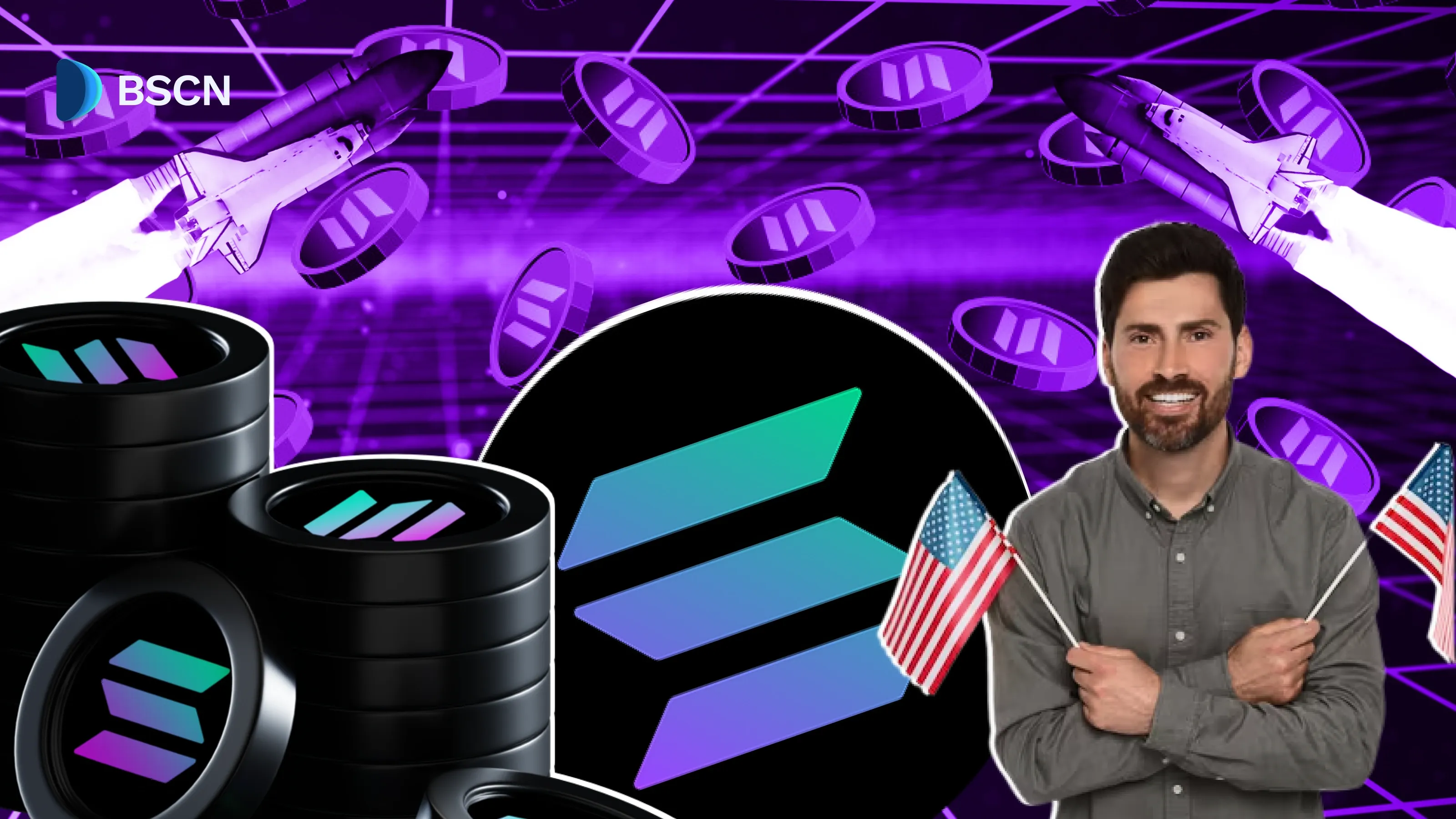What Does Binance and Mastercard Partnership Mean for Crypto?

Binance and Mastercard partnered to bring crypto payments into daily life. The recent move may pave the way for cryptocurrencies to become more mainstream.
BSCN
September 1, 2022
A Significant Step for Crypto Adoption?
Payments colossus Mastercard announced a partnership with Binance, the world's largest crypto exchange by trading volume, to enable crypto payments in 90 million stores.
“We can unlock the full potential of blockchain technology when we make it easier to access + easier to use,” Michael Miebach, CEO of Mastercard, said in a LinkedIn post. “One way we do that is by bringing crypto to everyday purchases. To make that a reality, we’re working with Binance to let people use their crypto to make purchases at 90m+ stores that accept Mastercard. Launching this work in Argentina and plans to expand from there.”

Previously, Binance launched the Binance Card in Argentina with Mastercard. With this partnership, Mastercard will launch cryptocurrency payment cards supporting 14 cryptocurrencies, including Tether, Bitcoin, Ethereum and BNB. Customers can also earn 1% to 8% in crypto-cash back and will pay no ATM fees.
“Since the Argentine peso suffers from hyperinflation of more than 80% and the Argentine government recently put tight controls over the buying of U.S. dollars, Argentinians have flocked to crypto as a safe haven, with as many as 1 in 3 buying or trading crypto every month,” Austin Kimm, Director of Strategy & Investments at MetaFi ecosystem Choise.com said in a press release shared with BSC News. “Binance is by far the world’s largest crypto exchange, whilst Mastercard, a payments giant, was until recently very anti-crypto. A partnership between two titans in a country crying out for alternatives to their restrictive payments regime is a sign of things to come.”
Competition Ahead
Nevertheless, Mastercard may face stiff competition from its rivals in Latin America. As of now, Latin American crypto company Ripio provides prepaid debit cards that accept crypto payments and earn bitcoin cashback. Additionally, Visa announced in January that its users made $2.5 billion in crypto-linked payments in 2022. That was more than half of its total volume in all of 2021.
"This signals that consumers see the utility in having a Visa card linked to an account at a crypto platform," Visa Chief Finance Officer Vasant Prabhu told CNBC. "There's value in being able to access that liquidity, to fund purchases and manage expenses, and to do so instantly and seamlessly."
The Bear Market and Crypto Payments
Considering the recent market conditions, crypto payments may seem unviable. Since the beginning of the year, Bitcoin’s price has dropped around 50%, while Ethereum and other top 10 cryptocurrencies have also fallen.
From another perspective, this may be the opportune time for Binance and Mastercard to launch the card.
“I think it's kind of the perfect time to do this. It's very low risk. Few people will test it out, which allows troubleshooting and ensuring it works before the next bull market,” a close contact to BSC News said.
Furthermore, both firms have huge markets, with Binance having about 30 million users and Mastercard having 1.46 billion cards in circulation. This may prove to be an important step in making crypto more accessible through payments. Binance CEO Changpeng Zhou (“CZ”) also expressed excitement about the recent development:
» ‘The Future Is Here’—Visa, Mastercard And Binance Are Suddenly Making Bitcoin, Ethereum, XRP, Solana, Cardano And Tether Payments A Reality https://t.co/EgFlDyKM5Y
— CZ 🔶 Binance (@cz_binance) August 28, 2022
“Why struggle to buy USD on the black market to protect your savings when you can now easily buy a cryptocurrency stablecoin that is pegged to the U.S. dollar that can be spent instantly via a payment card in any location that accepts Mastercard directly from your wallet? Don’t be surprised to see this card take a massive market share in a very short period of time,” Austin Kimm said.

Latest News
Crypto Project & Token Reviews
Project & Token Reviews
Comprehensive reviews of crypto's most interesting projects and assets
Learn about the hottest projects & tokens
Latest Crypto News
Get up to date with the latest crypto news stories and events







